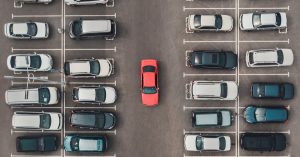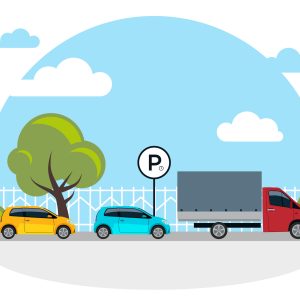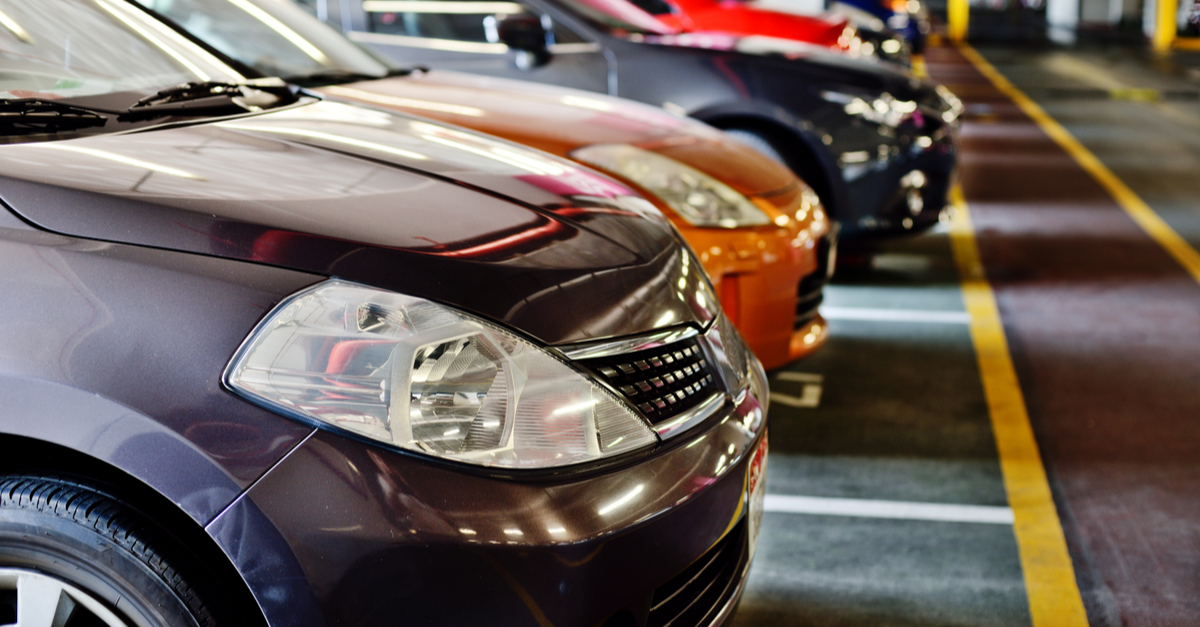Estimated reading time: 2 minutes
With work back in-session and everyone waking back up from the sleepy holiday season, the morning commutes have picked back up and the traffic flows are busier than ever. All across the globe, smart cities are popping up around us to introduce a new brand of intelligence in accordance with IoT – how to find a parking spot in the hustling and bustling cities we live in.
Everyone’s Worst Frustration – Parking
 Of Americans who do commute to work, 76.4% drive by themselves, 9% participate in carpools, and 5% take advantage of the public transport options made available for them. That leaves just 3% for those workers who travel on foot to their destinations. That being said, there are a lot of people on the road, actively searching for parking spots, but they often cannot locate them, due to overcrowding and unclear way-finding/signage.
Of Americans who do commute to work, 76.4% drive by themselves, 9% participate in carpools, and 5% take advantage of the public transport options made available for them. That leaves just 3% for those workers who travel on foot to their destinations. That being said, there are a lot of people on the road, actively searching for parking spots, but they often cannot locate them, due to overcrowding and unclear way-finding/signage.
 According to the National Safety Council, up to two-thirds of shoppers find themselves distracted as they are perusing through shopping mall parking lots, meaning that almost 1 in 5 accidents can take place there. When it comes to the daily flow, many drivers experience the following frustrations:
According to the National Safety Council, up to two-thirds of shoppers find themselves distracted as they are perusing through shopping mall parking lots, meaning that almost 1 in 5 accidents can take place there. When it comes to the daily flow, many drivers experience the following frustrations:
- Not Enough Parking Spaces Available in a Heavily Populated Area
- Wasted Time and Gas Searching for a Parking Spot
- Traffic Congestion and Overflow due to Poorly Executed Parking Structures
- Unused Private Parking Lots and Structures
- Improper Usage of Handicapped Parking
- Negative Environmental Impact of Excessive Fuel Usage
- Unclear Parking Policies
- The list could go on and on, and this is where Smart Parking capabilities would come into the picture.
What is Smart Parking?
Smart Parking is a strategy that smart cities will utilize to increase parking efficiency for those who are driving around in in it. Not only is a goal to cut down on fuel emissions, but it’s also to ensure a better experience for the ones who are making the daily commute every morning. A lot of us are very prominent on our phones and devices to scavenge an open space.
Traffic is almost always caused by last-minute mergers and those desperately searching for a parking spot. As AI and IoT continues to evolve in our lifetime, more and more cities and countries might begin to take a closer look at their analytics on transportation and parking. Just look at how far Columbus, Ohio has come.
When it comes to real-time guidance, drivers will receive live and reliable information updates on smaller architectural features throughout their city. When it comes to locating a parking spot, or perhaps even the correct route to take following a traffic jam/accident, there needs to be some signage assistance. Sensors can be installed on light posts and overhead traffic signs to provide an immediate summary of all of the available spots for these travelers.
What are the other benefits?
 Drivers are more motivated to quickly pay for a parking spot from their mobile wallet or quick cash, if they know that they will be able to locate a spot efficiently. From the service aspect, this capability will aim to provide drivers with the stress-free solution, while also ensuring a more enjoyable experience, making for happier citizens.
Drivers are more motivated to quickly pay for a parking spot from their mobile wallet or quick cash, if they know that they will be able to locate a spot efficiently. From the service aspect, this capability will aim to provide drivers with the stress-free solution, while also ensuring a more enjoyable experience, making for happier citizens.
The following cities have already stepped forward into the ‘smart’ realm to expand their offerings, through various approaches.
- Boston – Smart Trash Pickup
- New York City – Predictive Crime Modeling
- Chicago – Detecting Signs of Early Flooding
- Las Vegas – Sensor-Based Traffic Lights

